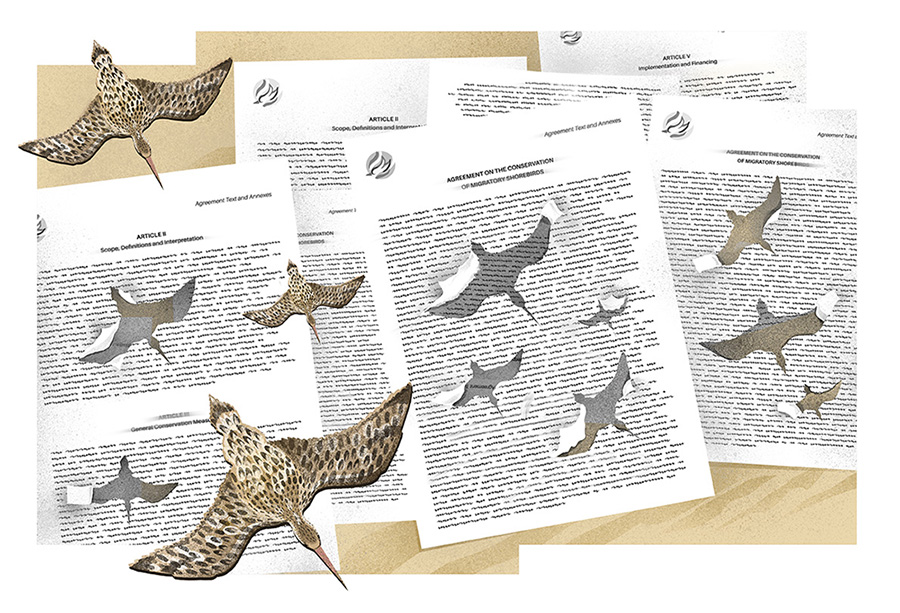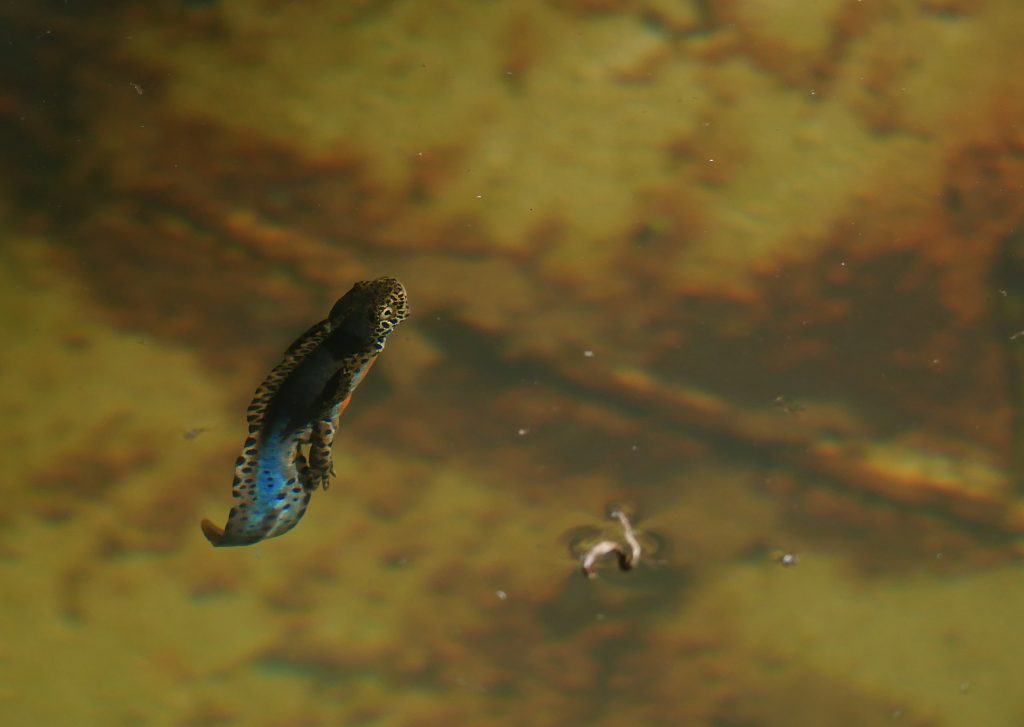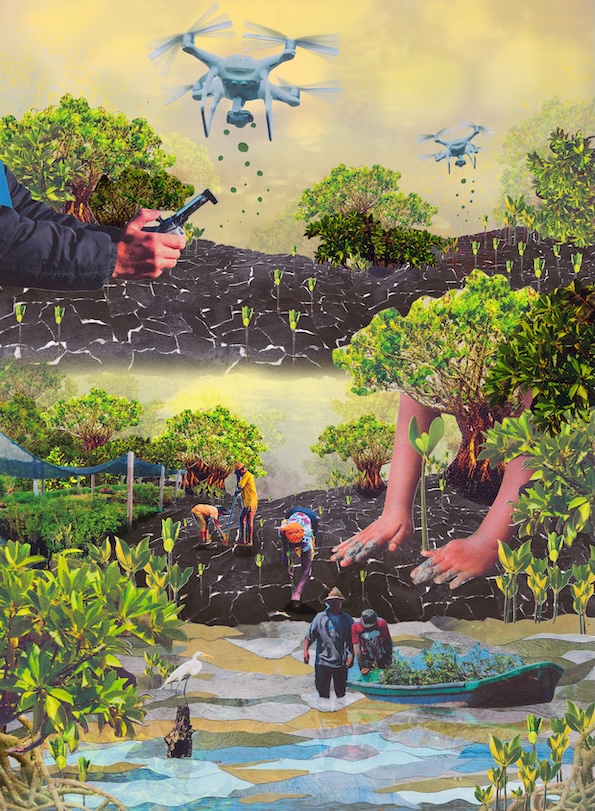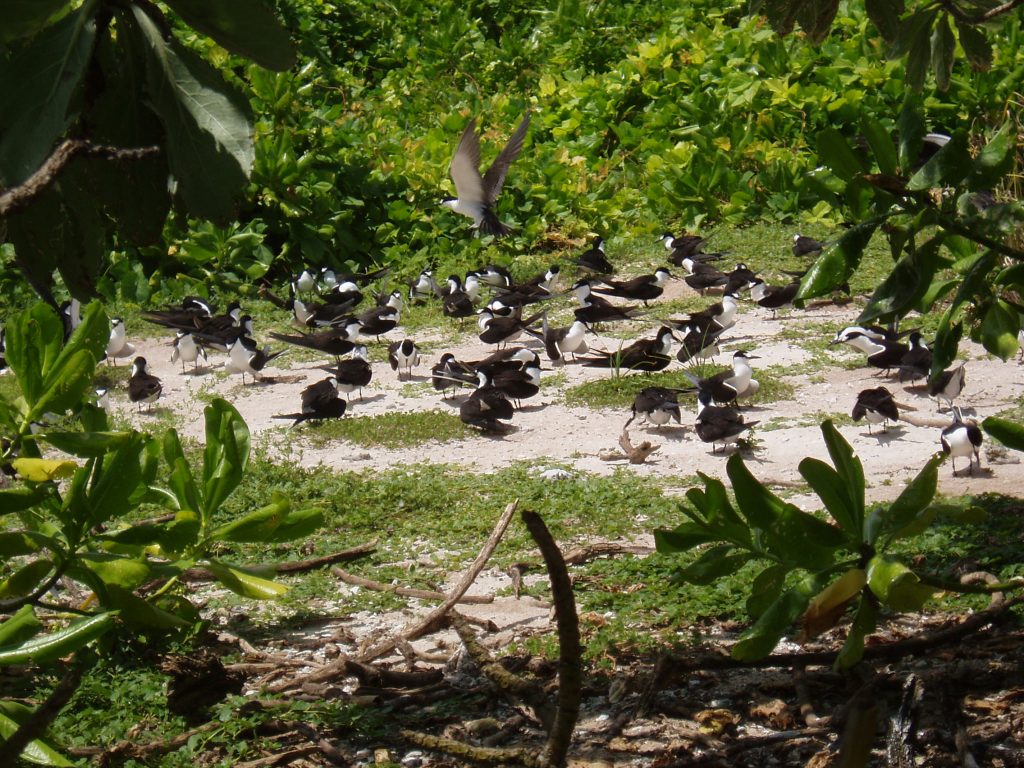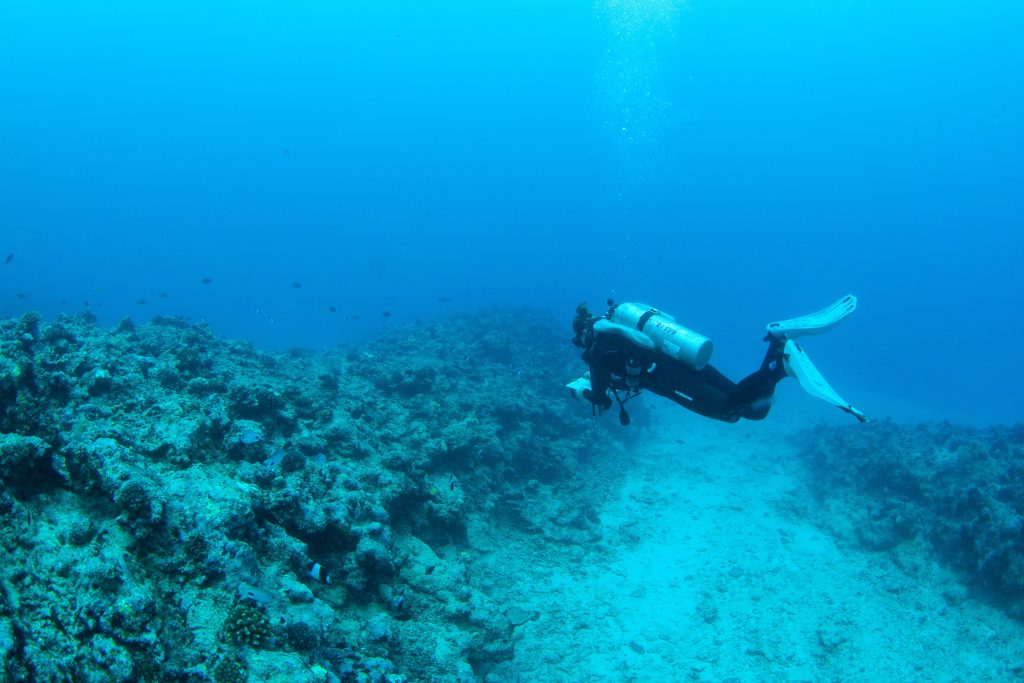When a natural resource is severely depleted, in order to allow it to recover, we sometimes act to protect it by creating rules and regulations that limit our ability to access the resource. However, these interventions that limit use and access often result in short-term economic losses for the communities that depend on the resource for their livelihood. For example, if you’re a fisher, it’s harder to turn a profit or feed your family if you need to fish, less. In the long-term, these communities nearly always experience improved economic conditions. However, this temporary period of loss due to management intervention may motivate users to slip back into detrimental resource extraction practices when they fail to see immediate financial gains.
The Fish Forever program, with founding partners Rare, Environmental Defense Fund (EDF), and the University of California Santa Barbara (UCSB), implemented a potential remedy to this behavioural challenge in small fishing communities throughout Indonesia, the Philippines, and coastal Brazil. The proposed solution was a community-led program made up of two components: the implementation of new fishery management plans, and social marketing campaigns focused on fostering community support for the new management measures.
At the core of Fish Forever is the implementation of TURF-reserves, a spatial management intervention that combines territorial use rights for fishing coupled with no-take marine reserves. TURF-reserves are a community-based management approach in which local fishers are given exclusive fishing access to a specific area of the ocean. By having this right, fishers are incentivized to be stewards of their local resources. Along with this right, fishers are also given certain responsibilities such as following specific regulations within the TURF and not fishing in a designated no-take marine reserve. The marine reserve can help both to conserve biodiversity, and can also be a beneficial source of fish that can spill over into the adjacent fished area. While in theory TURF-reserves can have both ecological benefits and socio-economic benefits for the local fishing community, they do require significant behaviour changes by local fishers in order to succeed.
Social marketing is a tool meant to influence specific behavior changes by using marketing techniques, and in this instance, was implemented by local partners through TV ads, radio spots, and even parades to help build support for the new fisheries management plans.
Impact
Researchers found that support for the fisheries management plans was positive in the fishing communities of all three countries following the social marketing campaigns – despite the fact that they may have been experiencing short-term economic losses. This suggests that behavioural interventions like the Fish Forever social marketing campaign can help in building support for fisheries management interventions, even before the expected financial gains have materialized, and could help make sustainable fishing practices the social norm in these communities. When we think about the long-term success of sustainable resource management, it’s important to consider how we engage with community perception and behaviour in order to create lasting ecological, economic, and social benefits for people and nature.
Further Reading:
McDonald, G., Wilson, M., Veríssimo, D., Twohey, R., Clemence, M., Apistar, D., Box, S., Butler, P., Cadiz, F.C., Campbell, S.J., Cox, C., Effron, M., Gaines, S., Jakub, R., Mancao, R.H., Rojas, P.T., Tirona, R.S. and Vianna, G. (2020), Catalyzing sustainable fisheries management though behavior change interventions. Conservation Biology. Accepted Author Manuscript. doi:10.1111/cobi.13475

